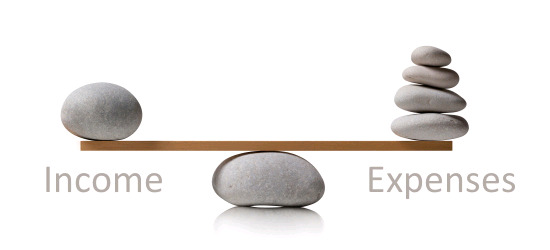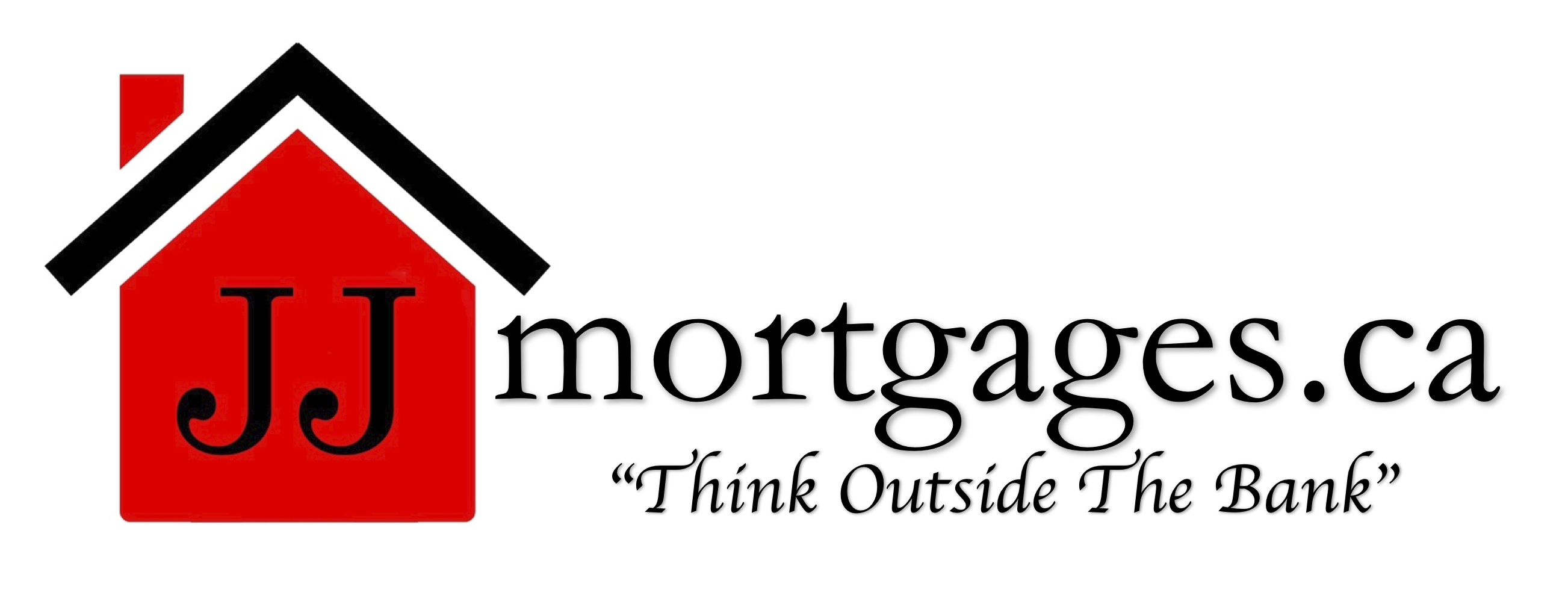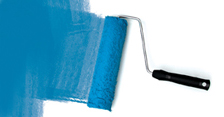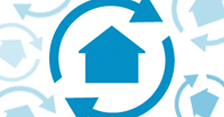|
What is a Budget? What is Budgeting?
Budgeting is the process of creating a plan to spend your money. This spending plan is called a budget. Creating this spending plan allows you to determine in advance whether you will have enough money to do the things you need to do or would like to do. Determining the difference between needs and wants is also a very important part of creating a budget and sticking to it. Why is it important to budget? Since budgeting allows you to create a spending plan for your money, it ensures that you will always have enough money for the things you need and the things that are important to you. Following a budget or spending plan will also keep you out of debt or help you work your way out of debt if you are currently in debt. If you don't have enough money to do everything you would like to do, then you can use this planning process to prioritize your spending and focus your money on the things that are most important to you. Budgeting and Forecasting.  Once you create your first budget, begin to use it and get a good feel for how it can keep your finances on track, you may want to map out your spending plan or budget for 6 months to a year down the road. By doing this you can easily forecast which months your finances may be tight and which ones you'll have extra money. You can then look for ways to even our the highs and lows in your finances so that things can be more manageable and pleasant. Stress free! Extending your budget out into future also allows you to forecast how much money you will be able to save for important things like your vacation, a new vehicle, your first home or home renovations and maintenance, an emergency savings account or your retirement. These things do not all happen at once. Filling out a budget form is the first step to figuring out if and where you can cut back on monthly expenses to be able to afford the things you need and want. Using a realistic budget to forecast your spending for the year can really help you with your long term financial planning. You can then make realistic assumptions about your annual income and expense plan for long term financial goals like starting your own business, buying an investment or recreation property or retiring. Remember, creating a realistic budget is key. Be honest with yourself and with your spending habits so that you can see the bigger picture. This will help you to see where you are able to reduce your spending in certain areas in order to reduce stress and live comfortably. Taking baby steps is important to building an effective budget. Semi-Annual Review I find it useful and effective to review our household spending habits semi-annually (every 6 months). You can do this by printing off your last 6 months history from your online banking and categorize your expenses by highlight them in different colors from each month. Example; Highlight fuel expenses in pink, groceries in yellow, utilities (hydro, gas, water) in blue, extras in green, etc... and then add up each category to see where your money is going. This is an excellent way to be realistic with your spending habits and see where you can make adjustments to save money. Great way to start!! Happy budgeting!!  RELATED LINKS 
5 Smart tips about closing costs Congratulations! You're a home owner. Your offer has been accepted and your home is closing soon...Now what? ...more 
To buy or not to buy? If you can afford to rent, chances are that you can afford to buy. Start building equity for your future by putting your monthly rent toward a monthly mortgage payment! ...more |
|







 Considering a fixed rate mortgage? Get informed!
Considering a fixed rate mortgage? Get informed! Renovating your home is within financial reach. Find out how!
Renovating your home is within financial reach. Find out how! Is your mortgage coming up for renewal? You should talk to a broker!
Is your mortgage coming up for renewal? You should talk to a broker!
 Want a mortgage? Get a mortgage! Apply now!
Want a mortgage? Get a mortgage! Apply now!

 Want to find your monthly payment or what you can afford? Find out this and more with our easy to use calculators!
Want to find your monthly payment or what you can afford? Find out this and more with our easy to use calculators!

